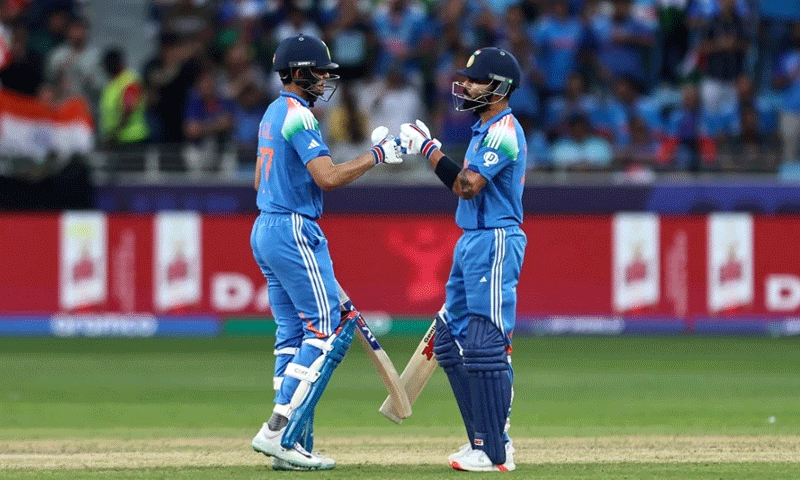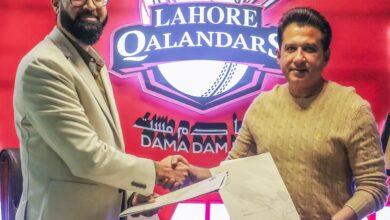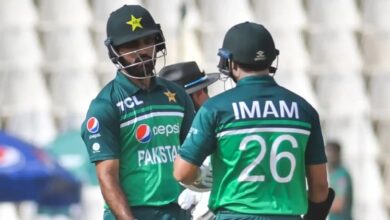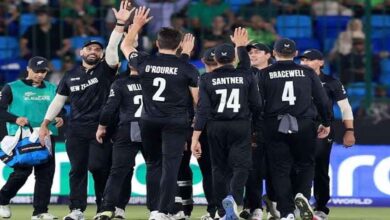Prithvi Shaw suspended for doping violation
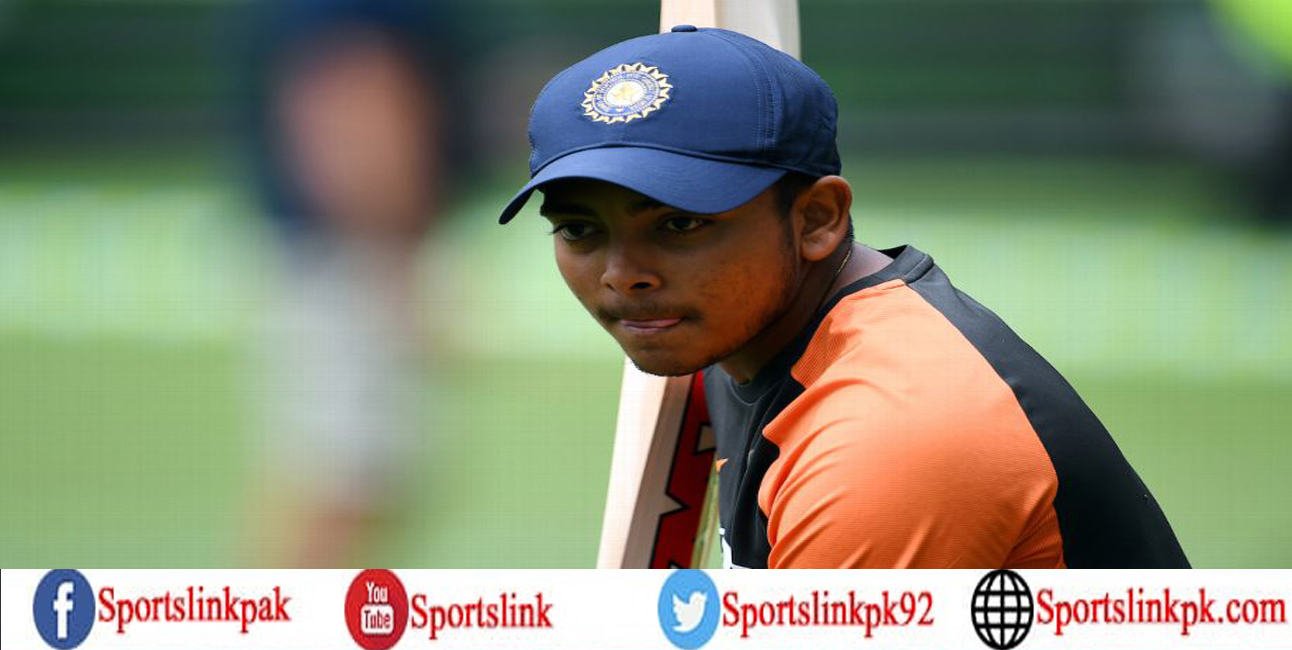

India Test opener Prithvi Shaw has been suspended until November 15, 2019 for a doping violation. A BCCI release on Tuesday said the penalty on Shaw had been imposed after he “inadvertently ingested a prohibited substance, which can be commonly found in cough syrups”.
Not picked in the Test squad for the upcoming West Indies tour because of a hip injury, Shaw will also now miss the home Tests against South Africa in October as well as the first Test against Bangladesh, which begins on November 14.
Shaw had provided a urine sample as part of the BCCI’s anti-doping testing programme on the day of Mumbai’s Syed Mushtaq Ali Trophy match against Punjab on February 22 in Indore. His sample was subsequently tested and found to contain terbutaline. “Terbutaline, a specified substance, is prohibited both In & Out of Competition in the WADA Prohibited List of Substances,” the BCCI release said.
Shaw was then charged on July 16 under the BCCI Anti-Doping Rules (ADR) Article 2.1 and provisionally suspended pending determination of the charge. He admitted to the anti-doping rule violation (ADRV) but asserted it was “inadvertent”, caused by using “the over the counter cough syrup he had taken for his cough”.
The BCCI was “satisfied” with the explanation that Shaw had not taken terbutaline “as a performance-enhancing drug”, and after considering all the evidence and taking “expert external advice”, agreed that a “period of ineligibility of eight months should apply, together with disqualification of certain results”.
“Because Mr. Shaw promptly admitted his ADRV upon being confronted with it by the BCCI, there is discretion under BCCI ADR Article 10.10.2 to back-date the start of the period of Ineligibility to the date of sample collection (22nd February 2019),” the statement said. “However, the BCCI ADR Article 10.10.2 also requires Mr. Shaw to actually serve one half of the period of ineligibility. Therefore, further to BCCI ADR Article 10.10.2, the eight-month period of Ineligibility will be deemed to have started to run on 16th March 2019, so that it will end at midnight on 15th November 2019.”
However, Shaw can return to train with his state team and/or use the facilities of any club or other member organisation of the BCCI after midnight on September 15, 2019 because of the following provision: “Under BCCI ADR Article 10.11.2 a Cricketer may return to train with a team or to use the facilities of a club or other member organisation of a Signatory’s member organisation during the shorter of:
(i) the last two months of the Cricketer’s period of Ineligibility; or
(ii) the last one-quarter of the period of Ineligibility imposed.”
The BCCI also said that all of Shaw’s numbers from February 22 this year, when the urine sample was collected, to July 16, the date when he was provisionally suspended, stand “disqualified”.
Shaw made his Test debut against West Indies in October 2018 with a sparkling century, followed by a half-century in the next Test. Then he was picked for the Australia tour, but he injured his ankle in a warm-up match which ruled him out of the series.
Dullarwar and Gajraj suspended too
Along with Shaw, Vidarbha’s Akshay Dullarwar and Rajasthan’s Divya Gajraj were also suspended for doping violations. The two had “inadvertently ingested a prohibited substance” for a treatment of an infection and an eye injury respectively.
Dullarwar had provided his urine sample during a men’s Under-23 one-day match on March 10, 2019 in Hyderabad, while Gajraj provided his during a Cooch Behar Trophy Under-19 match on February 5, 2019 in Jaipur. Dullarwar’s sample was found to contain desacetyl deflazacort, a metabolite of deflazacort, which is a glucocorticoid that is prohibited in-competition in the WADA Prohibited List of Substances, whereas Gajraj’s sample contained acetazolamide, which is a diuretic & masking agent, prohibited at all times in the WADA list.
Both players admitted to the ADRV after being charged on June 26, 2019, asserting that it was inadvertent, being caused by their ingestion of the medication that had been prescribed for them by their respective doctors. Like in Shaw’s case, the BCCI was satisfied with the players’ explanation that they were not taken as performance-enhancing drugs.
Dullarwar was suspended for eight months, from March 10 to November 9. He can return to train with his state team and/or to use the facilities of any club or other member organisation of the BCCI after midnight on September 9, 2019. Gajraj was suspended for six months, February 5 onwards, but he is required to serve one half of the period of ineligibility, which will begin from March 26 and end on September 25. He will be able to return to train with his state team from August 10.

